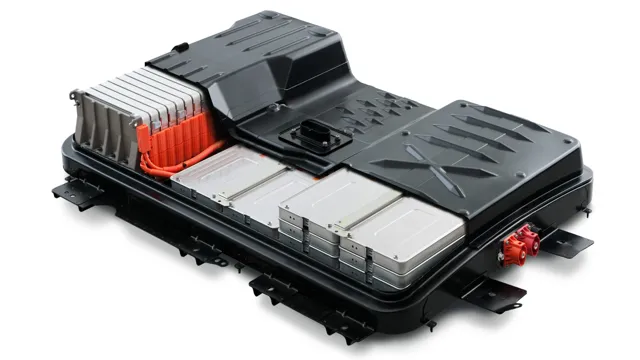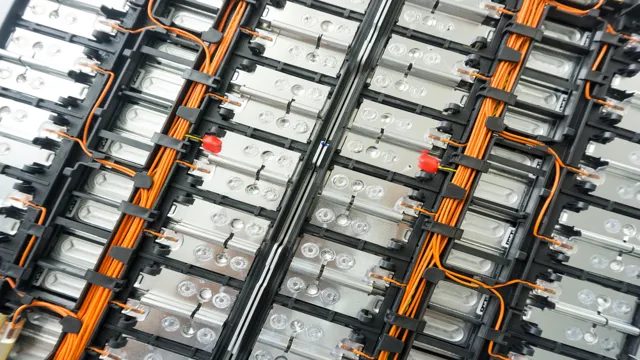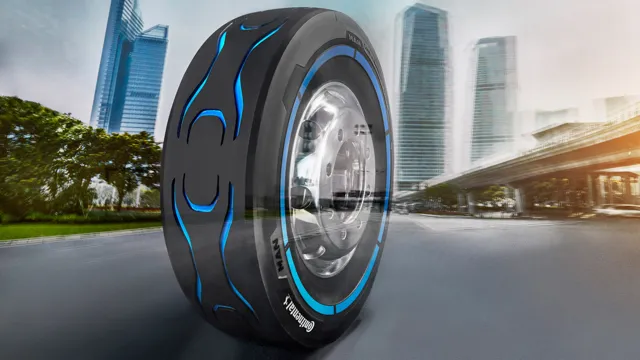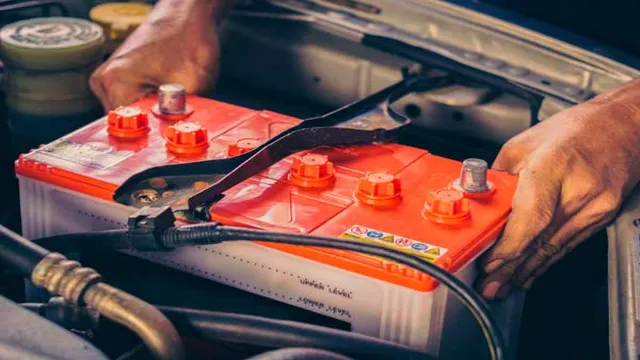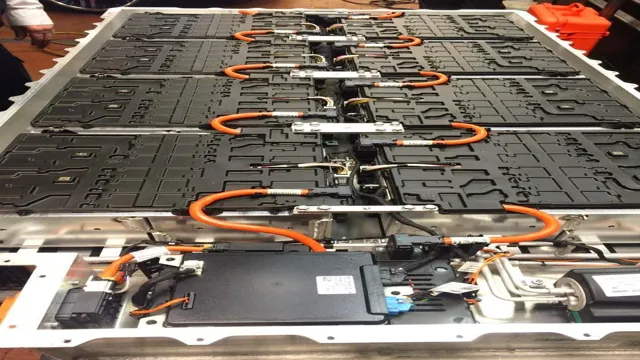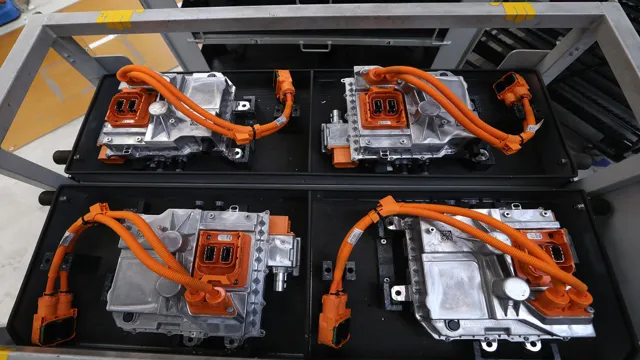Revving Up India’s Electric Future: The Ultimate Guide to Batteries for Electric Cars
As electric cars continue to gain popularity globally, India is also making strides towards more widespread adoption of EVs. One crucial component of an electric car is its battery, which stores energy and powers the vehicle. However, the availability and affordability of batteries for electric cars in India are still major concerns.
Currently, most of the batteries used in electric vehicles in India are imported from other countries. This dependence on imports not only affects the cost of batteries but also increases the carbon footprint of the EVs. Moreover, there is a lack of infrastructure for recycling and disposing of batteries in an eco-friendly manner.
To counter these challenges, the Indian government has been encouraging domestic production of batteries and offering incentives to companies investing in battery manufacturing. Several companies, including Tata Chemicals and Exide Industries, have already invested in setting up battery manufacturing plants in India. However, the production of batteries in India is still in its nascent stages, and more investments and collaborations are required to boost domestic production and meet the increasing demand for electric cars.
The availability of affordable, high-performance batteries is essential to enable the transition towards sustainable transportation and reduce India’s dependence on fossil fuels. In conclusion, while India is on the path towards a cleaner, greener mode of transportation, the availability and affordability of batteries for electric cars remain significant obstacles. As the country continues to invest in domestic battery production and recycling infrastructure, we can hope for safer, cost-effective, and environmentally friendly EV batteries in the near future.
Overview of Electric Cars in India
When it comes to the electric vehicle revolution in India, batteries are a crucial component that determine the vehicle’s performance and range. As of now, the majority of EVs in India run on Lithium-ion batteries, which are known for their efficiency, durability, and safety. However, the Indian government is also investing in developing alternative battery technologies such as solid-state and sodium-ion batteries.
These technologies promise to be cheaper and more environment-friendly than Lithium-ion batteries, and can potentially provide greater range and faster charging times. While the cost of batteries for EVs is gradually decreasing, it still remains one of the biggest barriers for mass adoption of electric vehicles in India. However, with government incentives and subsidies, the prices are expected to come down in the coming years, making electric vehicles more accessible and affordable for the masses.
Nonetheless, a growing network of charging infrastructure and increased awareness about the benefits of EVs are necessary for the growth of the electric vehicle market in India.
Electric Car Market in India
Electric Car Market in India The electric car market in India has been growing steadily over the past few years. While it still lags behind other countries, such as China and the United States, the demand for electric cars in India is on the rise. This is mainly driven by the government’s push towards electric mobility, which has resulted in several initiatives such as the Faster Adoption and Manufacturing of Hybrid and Electric Vehicles (FAME) scheme.
The FAME scheme provides incentives to both manufacturers and consumers, which has led to the introduction of several electric car models in the Indian market. Many car manufacturers have also announced plans to launch new electric cars in India in the coming years. The increasing adoption of electric cars in India is expected to have a positive impact on the environment as well as help reduce the country’s dependence on imported oil.
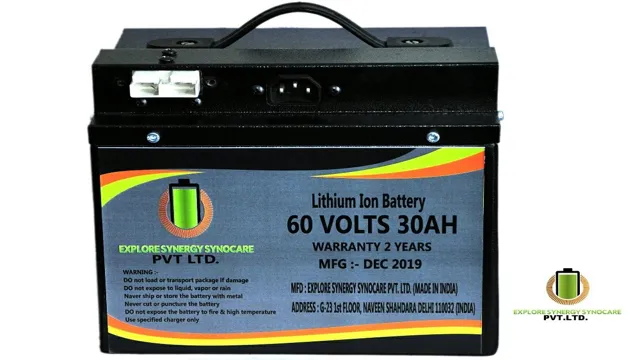
Sales & Growth of Electric Cars in India
Electric cars in India Electric cars have gained significant attention in India, where air pollution has reached alarming levels in many cities. The Indian government has made efforts to promote electric vehicles and set a goal to have only electric cars on the roads by 2030. However, the growth of electric car sales has been slow due to various factors such as high prices, limited choice of models, and poor charging infrastructure.
Additionally, there is still a lack of awareness among the general public about electric cars and their benefits. Despite these challenges, several companies have launched electric cars in India, and some have made impressive sales figures. For instance, Tata Motors launched its electric car, the Nexon EV, in early 2020, which has been widely popular and has gained a considerable market share.
The future is bright for electric cars in India, and with more models set to launch in the coming years, it is only a matter of time before the country sees a significant shift towards sustainable transportation.
Types of Batteries for Electric Cars
When it comes to choosing the right batteries for electric cars in India, there are a few different types to consider. One popular option is Lithium-ion (Li-ion) batteries, which are known for their high energy density, long lifespan, and fast charging capabilities. Another option is Lead-acid batteries, which are more affordable but have a lower energy density and shorter lifespan than Li-ion batteries.
Nickel-metal hydride (NiMH) batteries are also an option, although they are becoming less common due to their lower efficiency and heavier weight. Ultimately, the choice of battery will depend on factors such as the size of the vehicle, its driving range, and budget. However, as the demand for electric vehicles continues to grow in India, it is likely that we will see more advancements in battery technology in the near future.
Lithium-ion Batteries for Electric Cars
Lithium-ion batteries are considered the gold standard for electric cars. They offer high energy density, meaning they hold a lot of energy in a small space, making them perfect for electric cars. There are two types of lithium-ion batteries used in electric cars: cylindrical and prismatic.
Cylindrical batteries are commonly used because they are cheaper to produce, but prismatic batteries are becoming popular due to their smaller size and flexibility in design. Other types of batteries that have been tested for electric cars include nickel-metal hydride (NiMH), solid-state, and hydrogen fuel cells, but they are not commonly used due to their lower energy density and higher costs. Overall, lithium-ion batteries are the most efficient and practical choice for electric cars, providing the best balance of cost, energy density, and lifespan.
Lead-Acid Batteries for Electric Cars
When it comes to electric cars, there are various types of batteries available in the market. One of the most popular types is lead-acid batteries. These batteries are known for their reliability and affordability, making them a great choice for many electric car owners.
However, they do have some downsides, such as being heavy and having a limited lifespan. Despite this, they remain a popular choice due to their ability to provide a consistent level of power, which is essential for electric cars. Additionally, they are easy to find and replace, making them a convenient option for those who may struggle to find more specialized batteries.
It’s important to note that while lead-acid batteries may not be the most advanced option on the market, they still have an important place in the world of electric cars.
Nickel-Metal Hydride Batteries for Electric Cars
When it comes to electric cars, one of the most crucial components is the battery. There are different types of batteries used in electric cars, each with its own set of advantages and disadvantages. One of these types is nickel-metal hydride batteries, also known as NiMH batteries.
These batteries are a cost-effective alternative to lithium-ion batteries, which are more common in electric cars today. NiMH batteries are known for their high energy density, allowing them to store a lot of energy in a small space. They also have a longer lifespan than lead-acid batteries, making them a more reliable choice for long-term use.
However, they do have lower power density and can take longer to charge than lithium-ion batteries, making them less practical for use in electric cars that require quick charging. Despite these limitations, NiMH batteries continue to be used in many electric cars today, and their reliability and cost-effectiveness make them a popular option in the market.
Top Battery Manufacturers for Electric Cars in India
If you’re on the hunt for batteries for electric cars in India, there are several top manufacturers to check out. One of the most well-known brands is Exide, which offers lithium-ion batteries that are specifically designed for electric vehicles. Another great brand to consider is Amara Raja, whose lithium-ion batteries are used by some of the top EV manufacturers in India.
Other notable companies in the Indian market include Coslight and Toshiba, both of which offer a range of battery options for electric cars. When it comes to choosing the right battery, it’s important to consider factors such as range, charging speed, and durability. By doing your research and choosing from one of these top manufacturers, you can ensure that you’re getting a quality battery for your electric vehicle that will provide you with reliable and efficient performance for years to come.
Tata Chemicals Limited
When it comes to electric cars in India, Tata Chemicals Limited is among the top battery manufacturers. Tata Chemicals Limited, one of the leading pioneers in the Indian chemical industry, entered the electric vehicle (EV) segment early on with its lithium-ion battery joint venture with Tata Motors. The company’s lithium-ion batteries are sought after for their reliability, high energy density, and low charging time.
That’s why Tata Chemicals’ lithium-ion batteries have become increasingly popular with automotive manufacturers in India. Tata Chemicals Limited has also set up various charging infrastructures at various locations to boost the demand for EVs in India. With the government’s push towards EV adoption, Tata Chemicals plans to expand its production capacity to keep up with the rising demand.
In conclusion, Tata Chemicals Limited is a top option for battery manufacturers for electric cars in India due to its high-quality products and dedication to the EV market.
Exide Industries Limited
Exide Industries Limited is one of the top battery manufacturers for electric cars in India. They offer a wide range of batteries for electric vehicles that are highly efficient and reliable. Exide’s Lithium-ion batteries are specially designed to provide maximum power and performance, making them an ideal choice for electric cars.
With their extensive experience in battery technology, Exide is committed to providing high-quality products that meet the needs of the evolving electric vehicle market in India. Their batteries are also tested for safety and durability, ensuring that they are long-lasting and can withstand various driving conditions. In addition, Exide has an extensive network of dealers and service centers across India, providing customers with easy access to their products and services.
Overall, Exide Industries Limited is a trusted name in the battery industry and is a top choice for electric car manufacturers in India.
Future of Batteries for Electric Cars in India
Batteries for electric cars in India have been in the limelight for a while due to the country’s shift towards zero-emission vehicles. With the Indian government’s push towards electrification and the increasing demand for EVs, the future of batteries for electric cars seems promising in India. The country has initiated various strategic partnerships with global battery manufacturers to help establish local production.
Indian companies like Tata Chemicals have also entered the market to design and manufacture lithium-ion batteries for electric cars. Furthermore, the Indian government’s “National Electric Mobility Mission Plan” aims to manufacture lithium-ion batteries domestically by 202 However, the challenge lies in creating sustainable and cost-effective batteries that can meet the demands of the Indian market.
With advancements in battery technology, we can hope for better performance, longer range, faster charging, and cost-effectiveness, facilitating wider adoption of EVs in India. The future of batteries for electric cars in India is promising, and we can expect more exciting developments in this space shortly.
Conclusion
In conclusion, while the adoption of electric vehicles is a promising path towards a greener future, the issue of batteries for electric cars in India remains a significant challenge. Despite advancements in battery technology and increased investment in the sector, the high cost, limited availability, and lack of infrastructure pose significant barriers to its widespread adoption. However, with the country’s ambitious goals to reduce carbon emissions and shift towards renewable energy sources, there is no doubt that innovative solutions will emerge to tackle this challenge.
Whether it’s through the development of new battery technologies, the expansion of charging infrastructure, or the adoption of new models of ownership and service, the future is bright for the electrification of transportation in India. So let’s power up and drive towards a cleaner, greener tomorrow!
FAQs
What are the popular battery technologies used for electric cars in India?
Lithium-ion batteries are the most commonly used batteries for electric cars in India. Other technologies include Nickel-metal hydride (NiMH) and Lead-acid.
How long does it take to charge an electric car battery in India?
The time taken to charge an electric car battery depends on the capacity of the battery and the type of charger being used. On average, it takes around 8-10 hours to fully charge an electric car battery in India using a Level 2 charger.
What is the average lifespan of a battery in an electric car in India?
The lifespan of a battery in an electric car in India varies depending on the brand and type of battery. However, most manufacturers claim that their batteries can last up to 8-10 years or 100,000-150,000 km.
Are there any incentives offered by the Indian government for electric car owners to replace their batteries?
Yes, the Indian government has recently announced a new incentive scheme called FAME II under which electric vehicle owners can receive a subsidy of up to Rs. 10,000 per kWh of battery capacity for replacing their old batteries.
